Calumniate – Word of the Day for IELTS Speaking & Writing
3 min read
Updated On
-
Copy link
This blog explores the word "Calumniate," its meaning, origin, and usage as a verb, adjective, and noun. Includes 30+ IELTS-focused examples to improve your Speaking and Writing vocabulary.
Table of Contents

Limited-Time Offer : Access a FREE 10-Day IELTS Study Plan!
Expanding your IELTS vocabulary with precise and formal words can significantly enhance your Lexical Resource score. Today’s word, “Calumniate,” is particularly useful when discussing defamation, false accusations, or malicious intent in both IELTS Speaking and Writing tasks.
Meaning of “Calumniate”
Part of Speech:
Verb – To make false and defamatory statements about someone.
Origin and History of the Word
The word calumniate dates back to the mid-15th century. It is of Latin origin, derived from calumniatus (past participle of calumniari), which stems from calumnia, meaning slander or false accusation.
How to Use “Calumniate” in IELTS Speaking & Writing
This word is useful in essays or speaking answers related to media ethics, legal issues, workplace conflicts, or political matters topics that commonly appear in IELTS Writing Task 2 and IELTS Speaking Part 3.
1. Verb – Calumniate
Used to describe the act of falsely accusing or slandering someone.
Examples:
- The politician was calumniated by his rival.
- The opposition has been calumniating the ruling party for long.
- The journalist was warned for calumniating the actor.
- The company was calumniated by the agitated union.
- There is ample evidence that the lawyer was not calumniated, but was rightly attacked for his misdeeds.
- Some people take pleasure in calumniating the rich people.
- John resigned because somebody calumniated him.
- Sita was fined for calumniating the hospital.
- It is not a surprise that Rita is calumniating Sita. They don’t like each other.
- “You’re digging your own ground when you’re calumniating someone.”
2. Adjective – Calumniable
Describes something that is susceptible to false accusations or defamatory claims.
Examples:
- The rival’s accusations against the politician are calumniable.
- The actor filed a lawsuit against the publication of a calumniable report on him.
- “I’m making it clear that I did not say anything calumniable.”
- Rich people are threatened by calumniable reports to extort money from them.
- The judge knew that John’s arguments were calumniable.
3. Noun – Calumniation
Refers to the act or result of making false and defamatory statements.
Examples:
- The rival’s calumniation troubled the politician.
- The calumniation of the opposition was a big headache to the ruling party.
- The actor filed a lawsuit against the journalist’s calumniation.
- The agitated union’s calumniation against the company was ignored by the CEO.
- There is ample evidence that it is not a calumniation, but the truth.
- Calumniation of rich people is not a joke.
- Calumniation caused John to resign his well-paid job.
- The judge fined Sita for her calumniation of the hospital.
- Rita’s calumniation of Sita received no support from the hostel mates.
- Calumniation is equivalent to digging one’s own grave.
Grab the newly launched Vocabulary for IELTS to level up your preparation.
IELTS Tip
Use “calumniate” or its forms in IELTS Writing Task 2 when discussing topics like media, politics, public opinion, or ethics. In the IELTS Speaking Part 2 and IELTS Speaking Part 3, it can be used to discuss workplace culture, social justice, or personal integrity. This advanced word will help you present arguments in a formal, precise tone.
Synonyms for Calumniate
- Slander
- Defame
- Vilify
- Libel
- Malign
- Smear
- Falsely accuse
Sample IELTS Speaking Answer using “Calumniate”
Use in: IELTS Speaking Part 3 (Discussing ethics or social responsibility)
Q: Should people be allowed to post opinions freely on social media?
A: Freedom of speech is essential, but when people calumniate others without evidence, it becomes a serious problem. It can harm reputations and cause emotional distress.
Sample IELTS Writing Sentence using “Calumniation”
Use in: IELTS Writing Task 2 (Discussing legal issues or social impact)
Calumniation through social media can destroy careers and personal lives, highlighting the need for stronger defamation laws and digital responsibility.
Want to master more high-band IELTS vocabulary for the IELTS exam? Book a Free Demo Class today!
Incorporating formal and precise words like "calumniate" in your IELTS Speaking and Writing responses can significantly boost your Lexical Resource score. Whether you're describing false accusations, malicious intent, or media-related controversies, this word helps you express your ideas more accurately and professionally. Practice using its verb, adjective, and noun forms in context to improve fluency and vocabulary range. If you're aiming for top IELTS Band Score, follow the IELTS Exam Preparation Tips for Band Score of 8+ to further enhance your vocabulary and overall test performance.
Also Check:
Explore IELTS Resources

Start Preparing for IELTS: Get Your 10-Day Study Plan Today!
Recent Articles
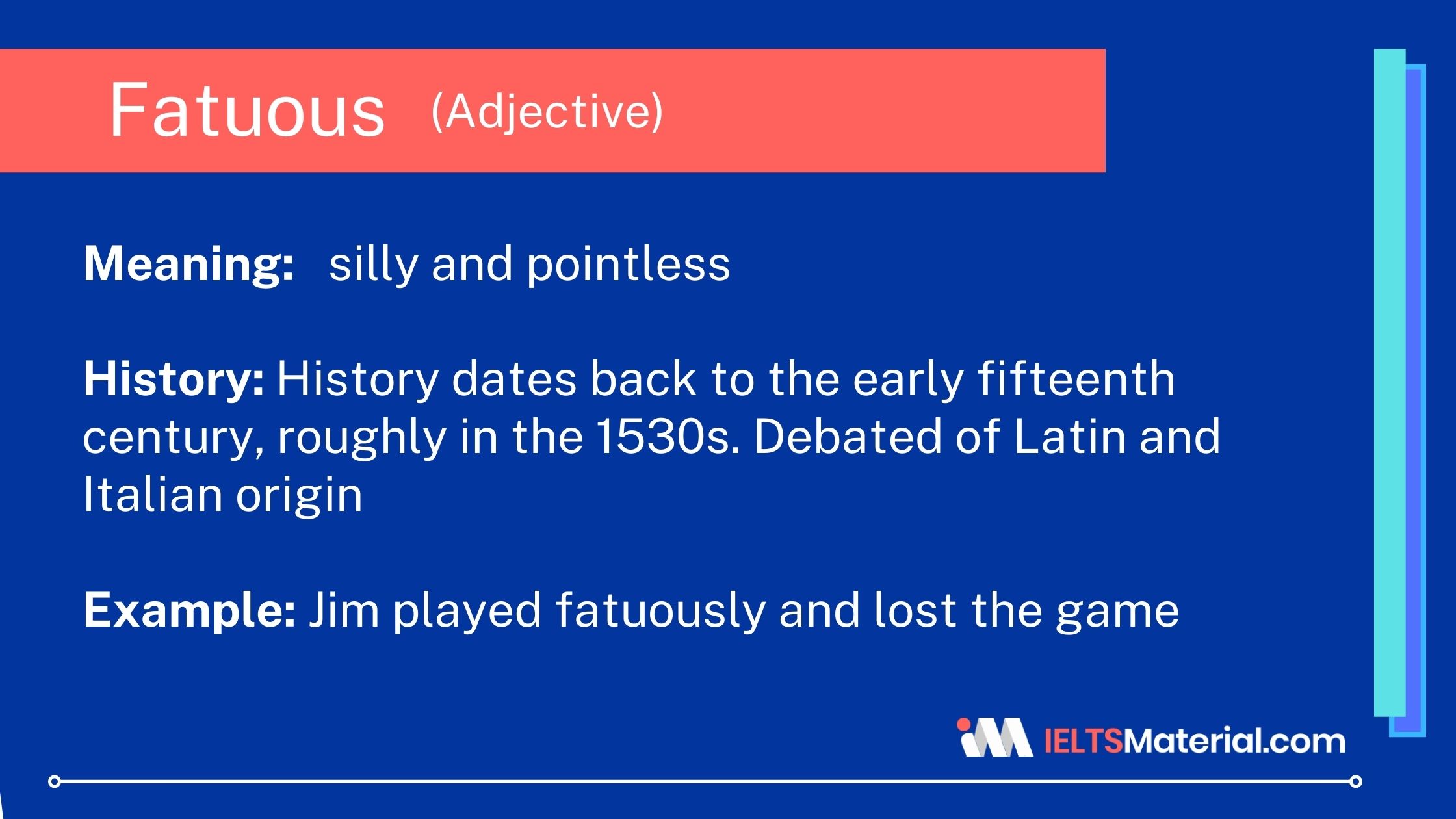
Kasturika Samanta
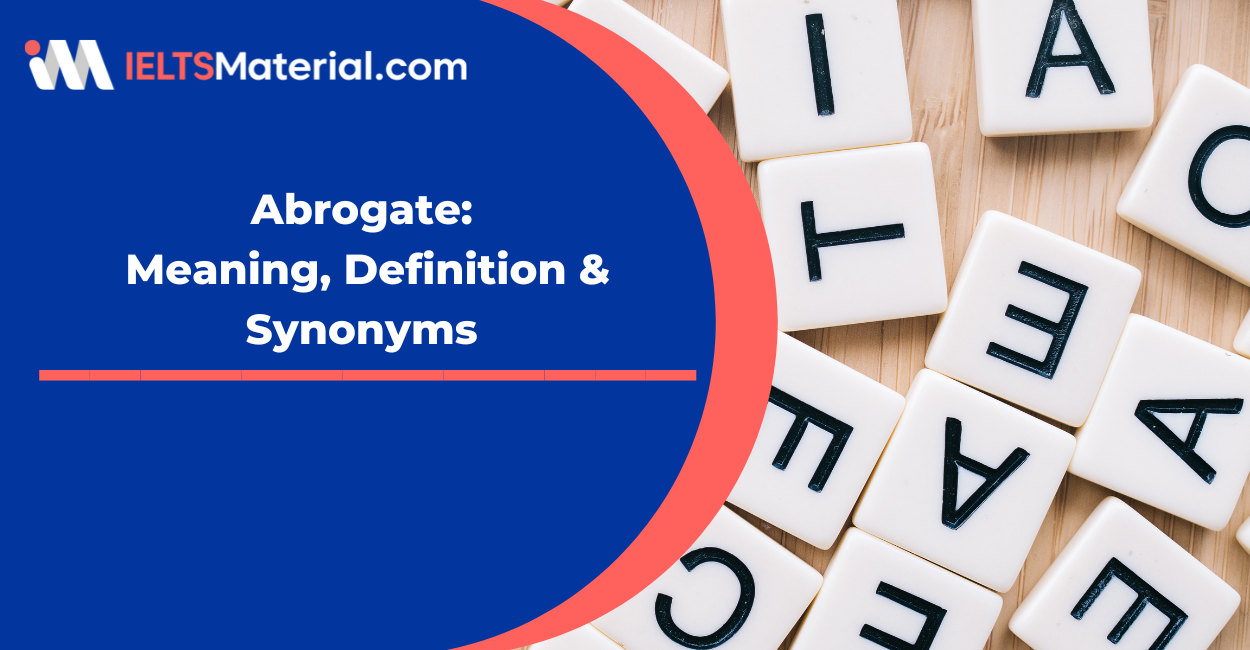
Kasturika Samanta
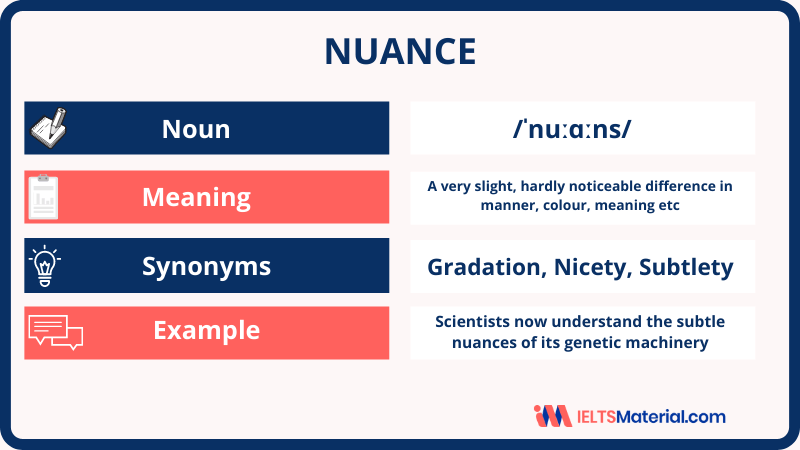
Kasturika Samanta
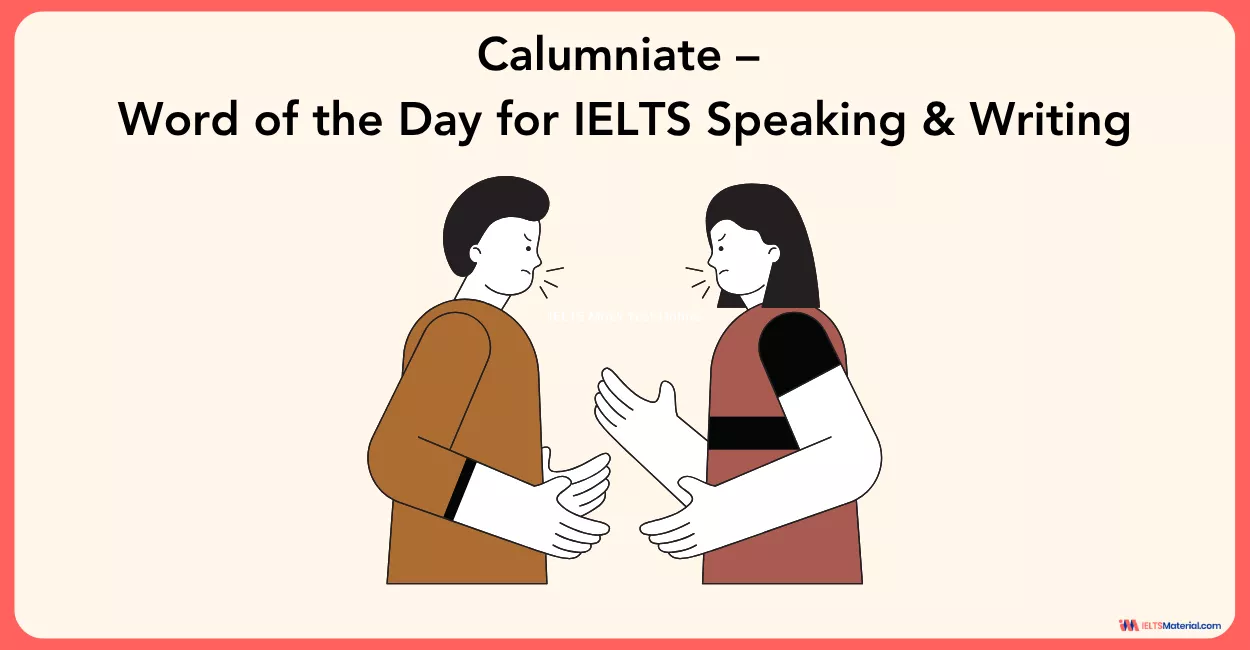

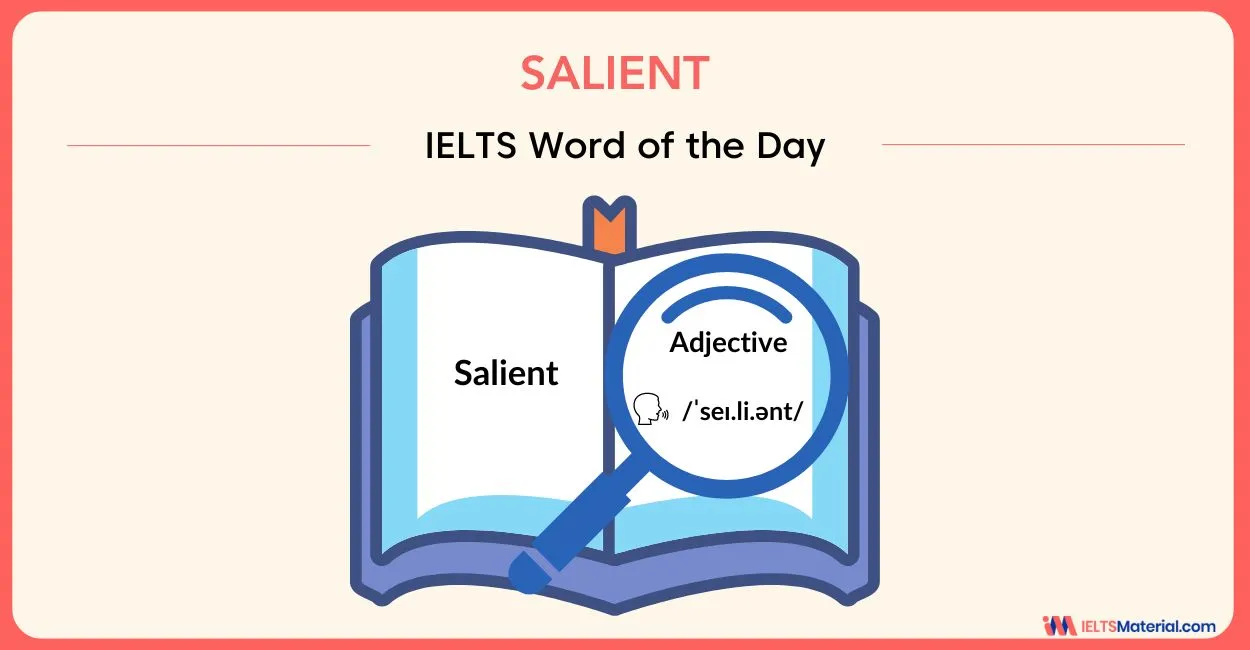


Post your Comments